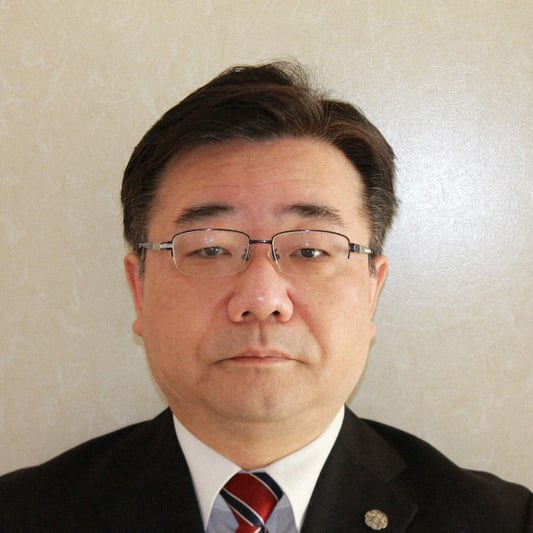In a thought-provoking study, Professor Hiroshi Yoshida of Tohoku University has unveiled a startling projection: within 500 years, every citizen of Japan could share the same surname, "Sato." This alarming forecast stems from Japan's insistence on married couples adopting a single surname, a tradition dating back to the late 1800s.
Yoshida's study serves as a wake-up call, urging a re-evaluation of Japan's civil code. By illustrating the potential consequences of maintaining the status quo, he sparks a crucial conversation about individual identity and societal cohesion.
At the heart of Yoshida's concerns lies the erosion of diversity and heritage. With "Sato" already dominating the list of Japanese surnames, the homogenization of identities could lead to a loss of familial and regional legacies. Moreover, a nation of "Satos" risks diminishing individual dignity, relegating citizens to being addressed solely by first names or numbers.
However, there's hope for a different future. Yoshida presents an alternative scenario where married couples are granted the freedom to choose separate surnames. This prospect not only preserves diversity but also mitigates the impending "Sato-san" predicament. Organizations like the Think Name Project advocate for this change, emphasizing the importance of legalizing surname selection.
Yet, the path to reform faces challenges. Conservative factions argue that altering the law would undermine family unity and create confusion. Despite this resistance, there's growing momentum for change, fuelled by a desire to preserve the richness of Japan's cultural tapestry.
The implications of Yoshida's study extend beyond statistical projections. They compel to consider the essence of identity and the role of tradition in shaping society. As Japan stands at a crossroads, the choice between preserving a single surname tradition and embracing diversity will define its trajectory for generations to come.

